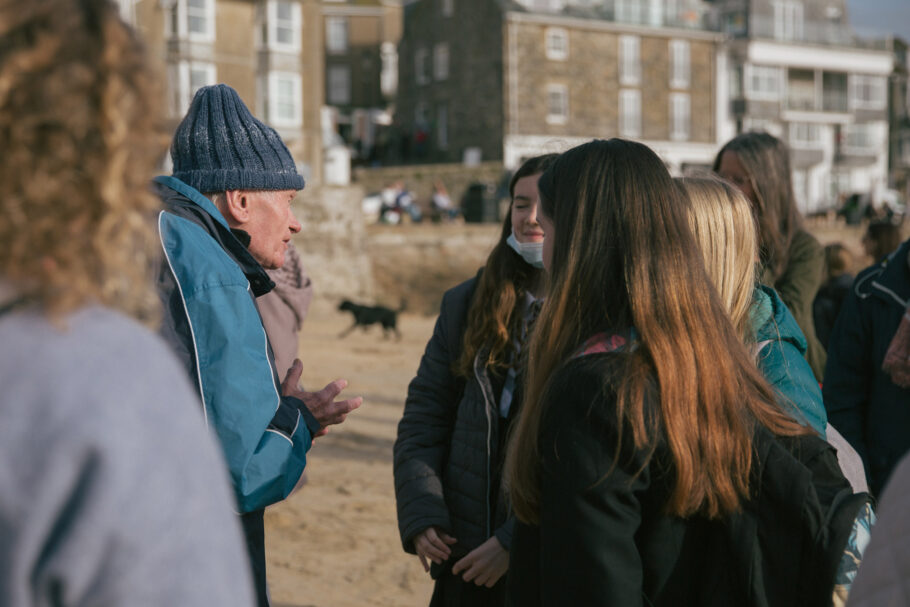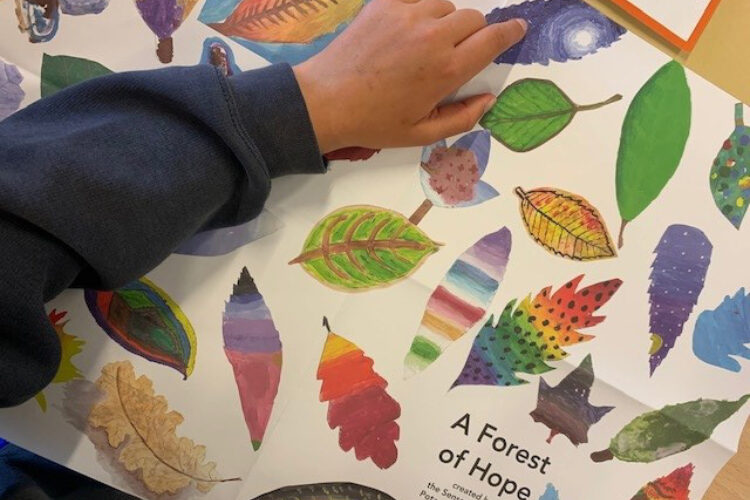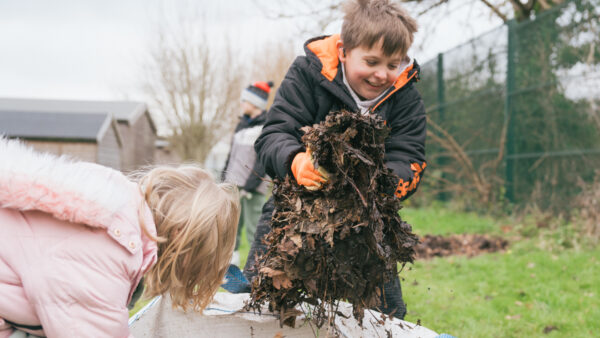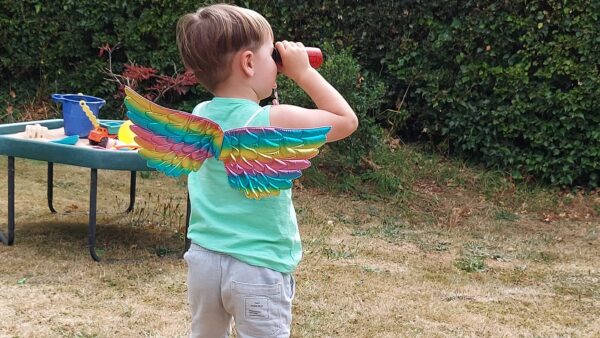Sharing nature experiences through an intergenerational approach
Multiple studies have demonstrated the benefits that older people gain from spending time with children. From increased physical activity to greater cognitive stimulation the health and wellbeing benefits are significant. Similarly young people gain greater self-esteem and empathy and a deeper understanding of the world around them
Historically this intergenerational interaction has taken place within the family unit. However, more families have become dispersed and unable to come together as often.
These two generations can be stigmatised and there is a common misconception that they don’t relate to each other. However, we often see a shared playfulness and mischievousness emerge that is mutually beneficial and helps create a truly inclusive community.
The importance of nature in intergenerational work
Nature and the outdoors provide the perfect platform for people to share experiences; older people gain a sense of pride and value whilst younger people gain skills and increase their aspirations.
The outdoors provides neutral space, less aligned to particular ages or backgrounds than most indoor spaces. Activities are free, immersive and lend themselves to sharing and the outdoors is the perfect setting for low-pressure social interaction. Our work demonstrates the effectiveness of utilising the outdoors for connecting a diversity of people with their places and communities and supporting their health and social isolation.

Bringing this approach into care homes and schools
We are part of the the national programme of Care Home Friends and Neighbours: Intergenerational Linking which helps to connect care homes for older people with their local communities. By giving younger and older people the opportunity to connect together and share in new experiences, learning, stories and laughter, we hope to strengthen community connection and deepen understanding of each other and how we all live together.
We are bringing care homes and schools in Cornwall together to nurture the skills and interests of older people in nature and develop a sense of pride; whilst empowering young people to take community action to support the environment, gain skills and increase their aspirations.
A Forest of Hope is one example of the project in action.



